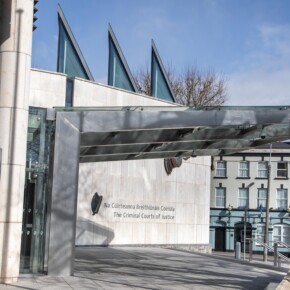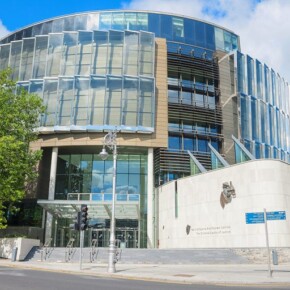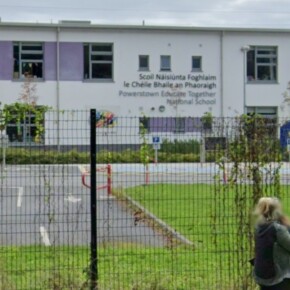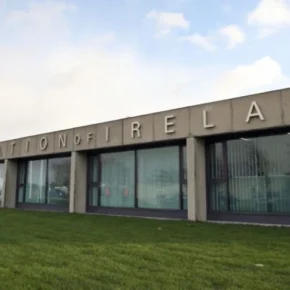7-seater Swords means that everyone is a winner (in theory)
Mike Finnerty 31 Jan 2024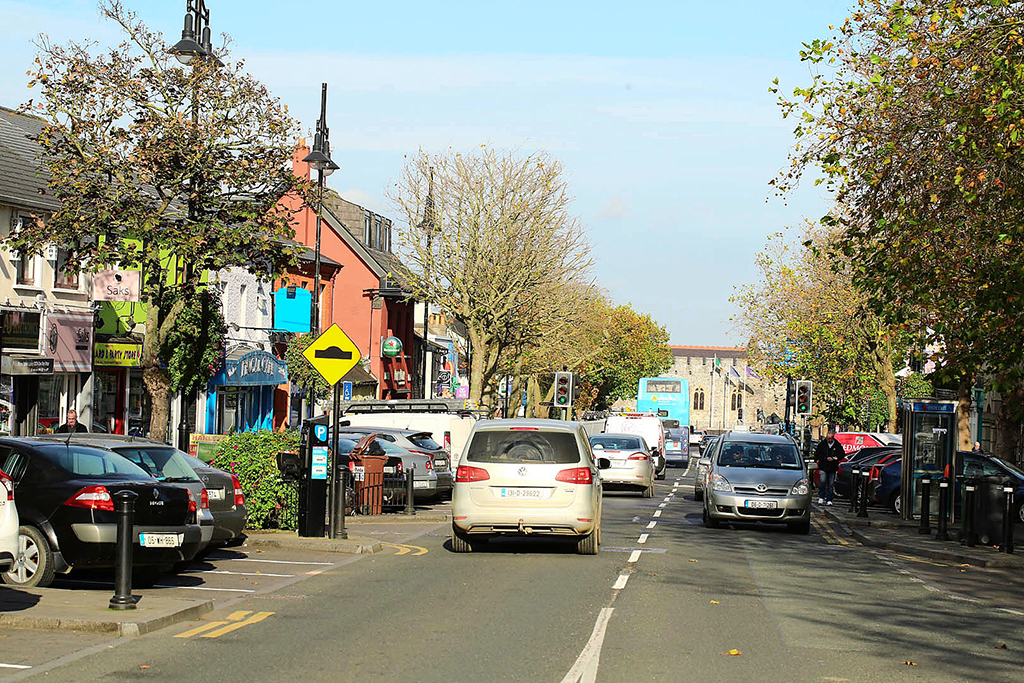
Swords, apart from Emo in County Laois, has the coolest name in Irish geography.
With fear of sounding exactly like an Alan Partridge radio link, Swords promises to be as cutting as the name implies come election time.
The current state of play has voters electing 7 members to Fingal County Council, ranging from across the political spectrum.
Swords is something of a paradox at an electoral level; there is a strong Fianna Fáil vote, a strong left-wing vote, and a healthy chunk of votes cast for Independent candidates.
Swords has elected a Fianna Fáil candidate at every single local election since 1985, making the area a stronghold for the party.
The party will be running their two incumbent Councillors, Darragh Butler and Brigid Manton in June, and they are the one Government party who can be assured of a strong performance in Swords.
The same can’t be said for Fine Gael, who haven’t elected a candidate in Swords since 2014.
Fine Gael could reasonably rely on electing someone in Swords up until 2014, but the party has failed to get their person onto Fingal County Council for the last two elections.
Young candidate Luke Corkery has been chosen as the candidate to turn Fine Gael’s fortunes around, and the candidate has made a point of being a candidate that is representative of the younger person trying to get by in Dublin.
Corkery has made transport one of the most pressing issues of his campaign, stating he wants to represent the average commuter as an elected representative.
In recent times, he has spoken in favour of the MetroLink being built in full so his constituents in Swords can avail of the same services available to other people across Dublin.
Among the youngest candidates running for office across Dublin this year, Corkery could provide Fine Gael with an injection of youth.
Sinn Féin heads into June with everything to play for, and by all accounts, the party have learned their lessons from 2019.
In various constituencies, they are running multiple candidates, and in Swords, they are running three.
Ann Graves, Marian Buckley, and Conor Linnane are Sinn Féin’s candidates this June, with Graves having the advantage of being an incumbent.
Graves notably only received 3.9% of first preferences in 2019, but got elected on the 14th count after a marathon distribution of preferences.
Sinn Féin would be right in thinking that the progressive-minded vote that supercharged the Greens in 2019 is there for the taking.
In 2019, Ian Carey was elected for the Greens with 10.5% of first preferences, but it is unlikely that the same enthusiasm will meet the Greens at the polls in June.
If a Sinn Féin candidate can get elected with under 4% of first preferences last time out, and the Greens continue to struggle in Govermnent, the same people who rewarded the Greens in 2019 could be the same people who turn their attention elsewhere.
Keeping on left-of-centre parties that were punished by voters for propping up a Coalition, Labour has selected the incumbent James Humphreys as their candidate for June.
Humphreys was co-opted into Duncan Smith’s seat following Smith’s Dáil election in 2020, and the party have opted to run Humphreys in a bid to secure a full 5-year term on Fingal County Council.
With 2 of Labour’s 7 TDs hailing from the Northside, the party can be reasonably confident in keeping their seat in Swords.
Like Fianna Fáil, Swords is a stronghold for Labour, with the voters of Swords electing a candidate every time without fail since 1985.
While The Social Democrats are the most likely party to benefit from the Greens drop in popularity and appearing a more attractive proposition for more progressively-inclined voters, Labour’s transfer-friendly status should mean that Labour will get their man elected in June.
The Social Democrats have not selected their candidate at time of writing, but with a strong progressive vote in the area and the parties’ generally decent polling, the seat is winnable for them.
A prospective Social Democrat candidate will have to contend with Independents4Change Councillor Dean Mulligan, who put in a strong showing in 2019.
The second candidate elected in 2019, ahead of Greens and Labour, Mulligan remains one of three elected reps for the party at a Council level across Ireland.
In Mulligan’s case, people aren’t voting for the party, they are voting for the candidate.
Swords being a 7-seater means that smaller parties have a better chance of winning, and Mulligan is a case in point.
Independent Joe Newman will be looking to secure his 3rd term on Fingal County Council.
His recent high-profile advocacy for residents suffering from noise pollution owing to the nearby Dublin Airport makes him the classic local Independent politician, and that large personal vote share makes him a formidable candidate for other candidates to navigate.
The Solidarity branch of People Before Profit made a go at winning a seat in Swords in 2019, with their candidate on the day Eugene Coppinger actually outpolling the Social Democrats, both Sinn Féin candidates and a second Labour candidate.
Coppinger came up short on that occasion, but the party faces a challenge to get someone elected here in June.
With that said, it could be a matter of numbers for the party.
A high progressive vote in the area, coupled with lower overall voter turnout (the average turnout over the last 3 elections stands at just over 40%) a hyper-concentrated campaign could be enough to secure Ollie Power of People Before Profit a seat.
Predicting how Swords shapes out is fairly easy.
Fianna Fáil and Labour putting in strong performances in the area means that their candidates are strongly tipped to succeed, so the real battle will be between the candidates that come from progressive parties.
Fine Gael’s recent struggles in the area are an issue, but should Corkery prove to be a strong candidate, it would reverse the trend of people voting for the person and not the party.
In Sinn Féin’s case, it will be a matter of voting for the party and not the person.
Sinn Féin will be looking to take at least two seats here to show their bona fides, so as always, the final battle will come down to the last two seats.
If Sinn Féin get two candidates elected, then Ian Carey runs the risk of losing his seat, and with the aforementioned Green slump, it could be other progressive parties that reap the rewards.


